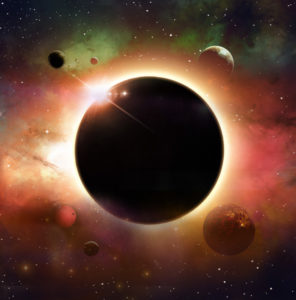
You have probably heard a lot of excitement over NASA’s recent announcement about the discovery of seven earth-size planets found orbiting around the star TRAPPIST-1, which is part of the constellation Aquarius.
These exoplanets are notable because they exist within the habitable zone of the star (nicknamed Goldilocks planets because this area is not too hot and not too cold) and are probably rocky with the potential to contain water on their surface.
A lot of the enthusiasm revolves around the hope that one of these exoplanets might harbor extraterrestrial life or could be suitable for human inhabitants. Of course, many further observations must be made to determine if these scenarios are plausible, not to mention the huge advances in technology that would need to occur so we could actually verify the planetary conditions or send humans 40 light-years away.
Continue reading “So NASA Found Some New Exoplanets…Now What?” fun now requires a bit of effort and prioritization. With the continual distractions of Netflix, social media and online news stories, it’s a challenge to find time to read books the way I once did.
fun now requires a bit of effort and prioritization. With the continual distractions of Netflix, social media and online news stories, it’s a challenge to find time to read books the way I once did.